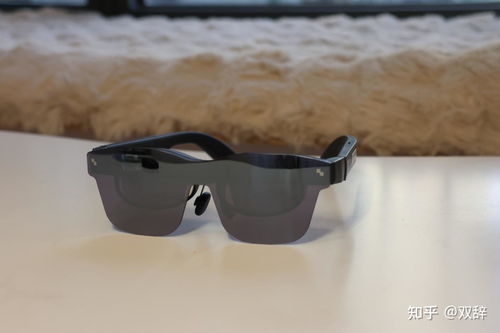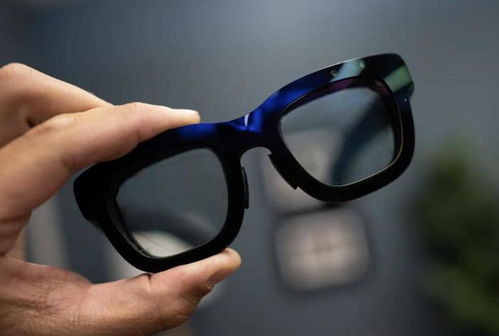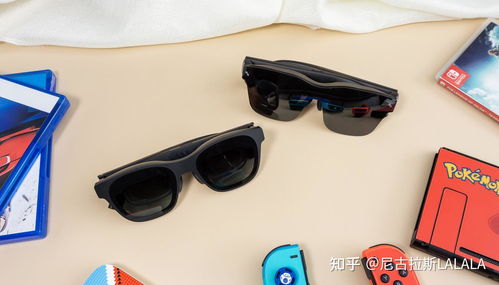Understanding the Evolution of AR Glasses in 2024

As we delve into 2024, the world of augmented reality (AR) glasses is experiencing a significant evolution. These devices, once a niche product, are now becoming more accessible and integrated into everyday life. Let’s explore the key aspects of AR glasses in 2024.
Design and Comfort

One of the most notable changes in AR glasses is the emphasis on design and comfort. Manufacturers are focusing on creating devices that look and feel like regular glasses, making them more appealing to a broader audience. For instance, the Rokid Glasses, released in 2024, weigh just 49g and are designed to be worn all day without discomfort. This shift towards lightweight and ergonomic designs is a testament to the industry’s commitment to user experience.
Technology Integration

AR glasses in 2024 are not just about seeing digital information overlaid on the real world. They are becoming powerful computing devices. The Rokid Glasses, for example, integrate a 1200涓囧儚绱犳憚鍍忓ご, allowing users to take high-definition photos and videos. They also support features like AI-powered object recognition, real-time translation, and even math problem-solving. This level of technology integration is making AR glasses more versatile and useful in various scenarios.
Connectivity and Applications
Connectivity is another crucial aspect of AR glasses. The Rokid Glasses, for instance, are equipped with the Snapdragon AR1 platform and offer seamless connectivity with smartphones and other devices. This allows users to receive notifications, use navigation apps, and even make payments using voice commands. The integration of AI-powered features like voice assistants and payment systems is making AR glasses more practical and convenient.
Accessibility and Inclusivity
Accessibility and inclusivity are also gaining attention in the AR glasses market. The Rokid Glasses, for example, support prescription lenses, making them usable for people with vision problems. This is a significant step towards making AR glasses more inclusive and accessible to a wider audience.
Market Trends
The AR glasses market is expected to grow significantly in 2024. According to a report by Grand View Research, the global AR glasses market is expected to reach $XX billion by 2028. This growth is driven by increasing demand for immersive experiences, the rise of remote work, and the growing popularity of virtual reality (VR) and AR technologies.
Challenges and Future Outlook
Despite the advancements, the AR glasses market still faces several challenges. One of the biggest challenges is the high cost of these devices. However, as technology advances and production scales up, we can expect the prices to come down. Another challenge is the need for better battery life and improved user interface. These challenges are being addressed by manufacturers, and we can expect significant improvements in these areas in the coming years.
Table: Key Features of AR Glasses in 2024
| Feature | Description |
|---|---|
| Design | Lightweight and ergonomic, resembling regular glasses |
| Technology | High-resolution cameras, AI-powered features, and seamless connectivity |
| Accessibility | Supports prescription lenses, making them accessible to people with vision problems |
| Applications | Used for navigation, communication, entertainment, and productivity |
In conclusion, AR glasses have come a long way since their inception. The advancements in technology, design, and functionality have made them more accessible and practical for everyday use. As we move forward, we can expect even more innovative features and applications that will further integrate AR glasses into our lives.
